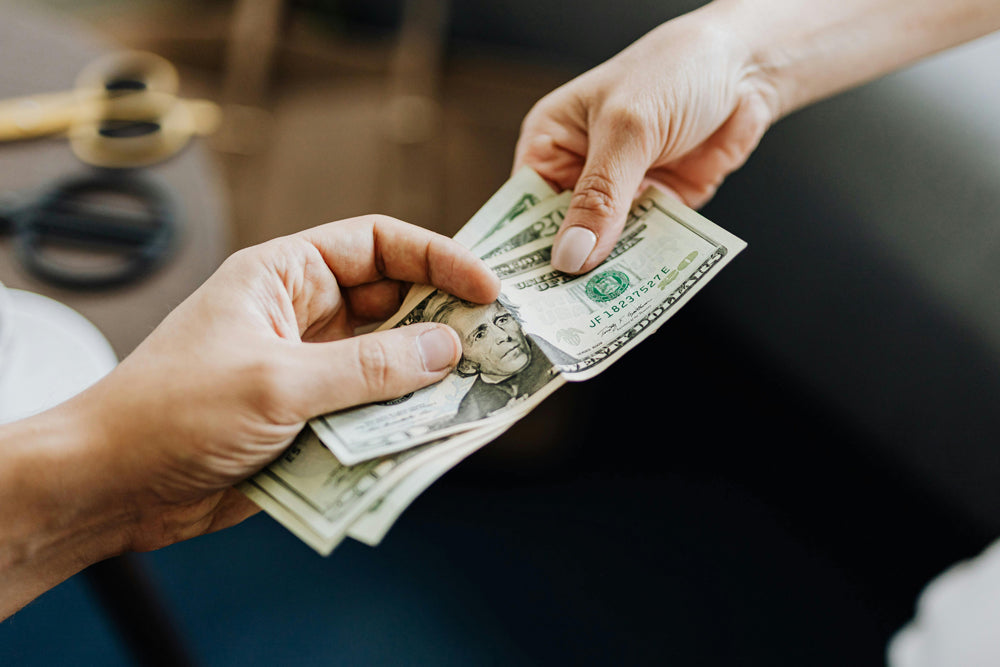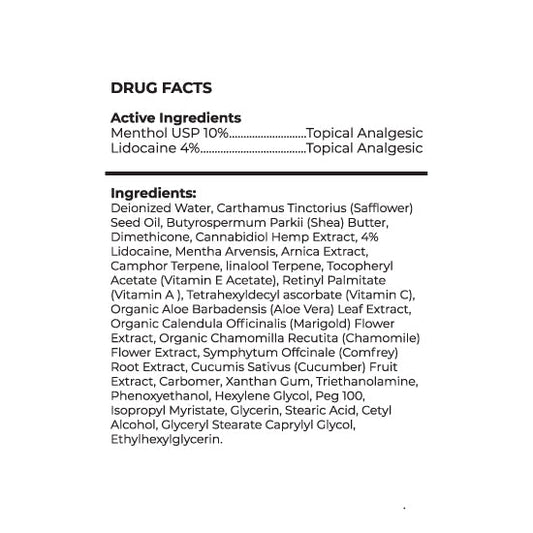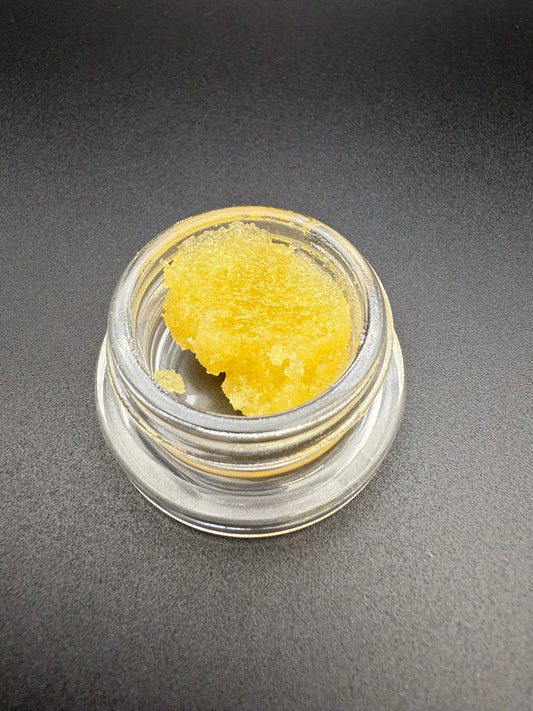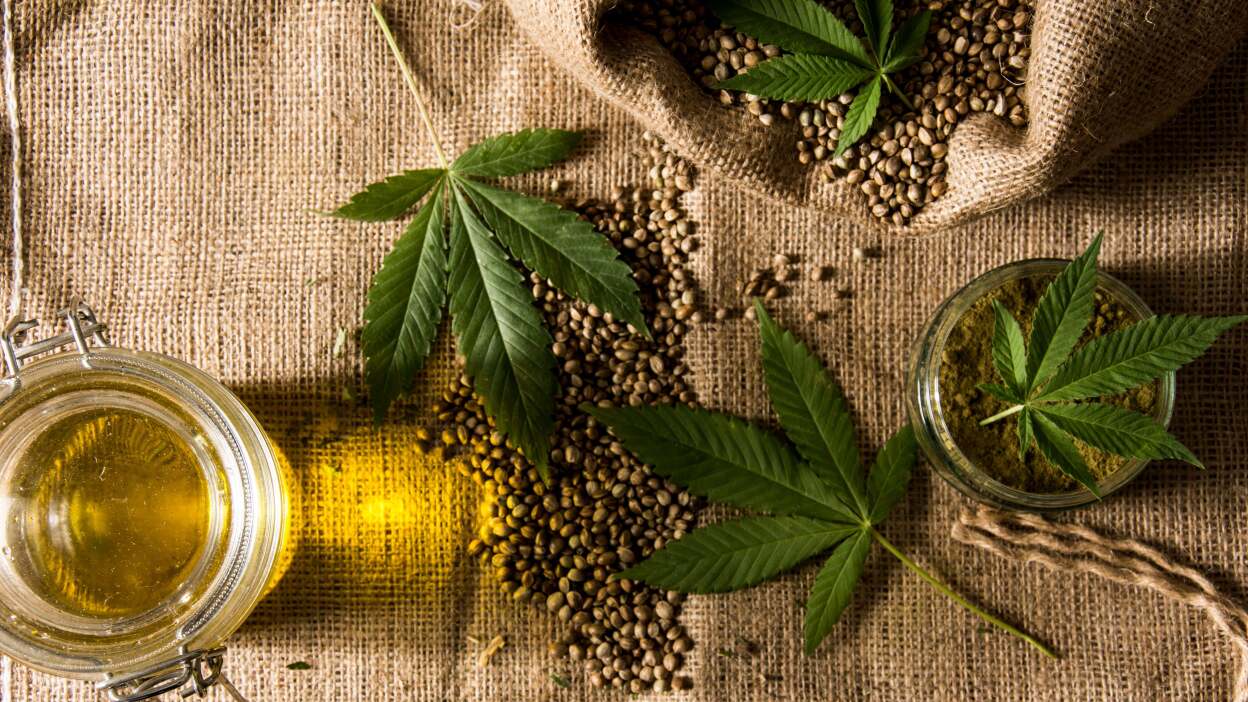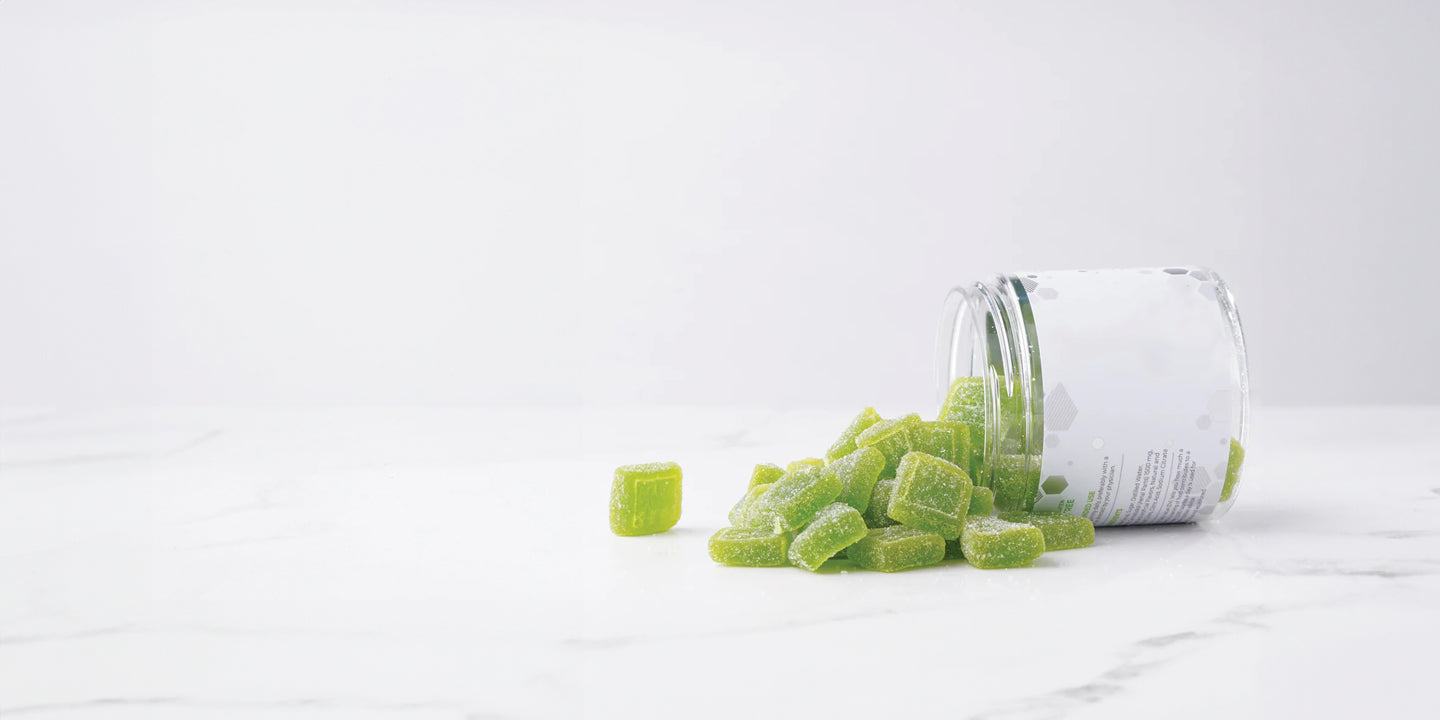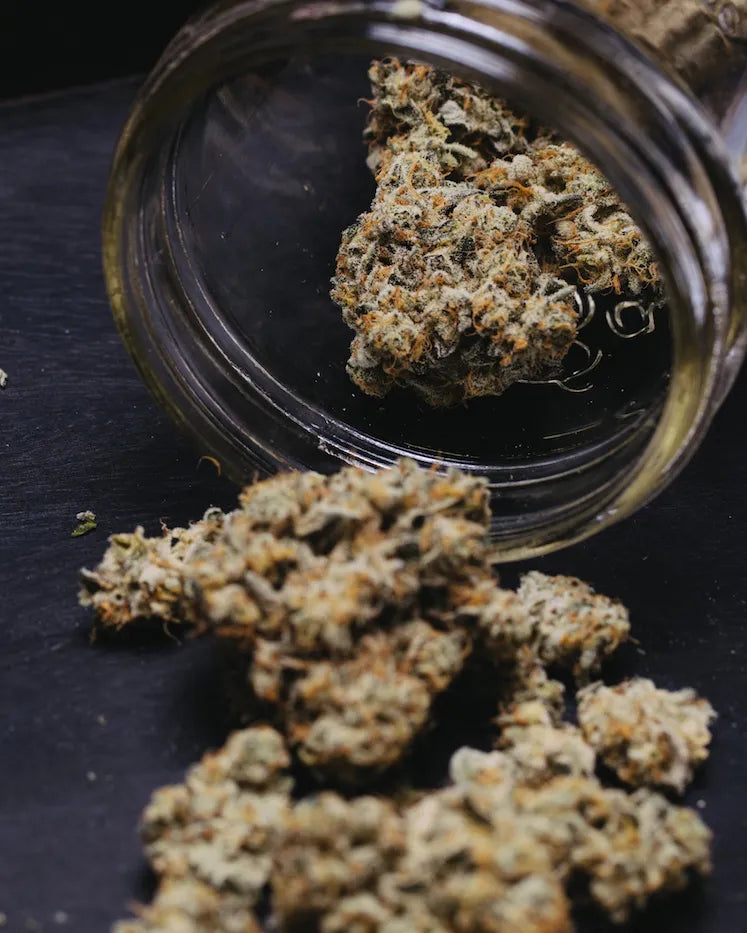Featured Products
Our Story
FREQUENTLY ASKED QUESTIONS
CBD Basics
CBD Science
All purchases must be made in-store!
Sarah
★★★★★
"Love this place! The guys who work here are very informative and kind! Great prices for great product. Highly recommended stopping and checking them out!"
Verified Google Review
Reese
★★★★★
"I can't wait to see what the future holds for this store. I've been in a lot of this shops and sometimes the amount of products are so overwhelming and a lot of them are terrible for you due to lack of regulation. This store however wants to change that with quality products from companies like Three Tall Pines and Creating Better Days Edibles. Very happy with the experience and the products I purchased. We will come back for sure. Thanks Jack!"
Verified Google Review
Cam
★★★★★
"Better than anything in MN"
Verified Google Review
Christopher
★★★★★
"These guys have great product. Great deals. Friendly. Very open to letting you smell and see product. 10 of 10 recommend"
Verified Google Review
Grace
★★★★★
"Jack was super helpful!!"
Verified Google Review
Hayley
★★★★★
"Cool new shop! Very nice and knowledgeable. Will be back."
Verified Google Review
Tomas
★★★★★
"The guys at LAX Leaves know their stuff and provide a quality product, customer experience, and expertise in the industry..."
Verified Google Review
Stephen
★★★★★
"Super clean shop, great customer service, great products. Will be back again!"
Verified Google Review
Jayna
★★★★★
"Lax Leaves employees are super helpful and have great knowledge. They are welcoming and have a great selection..."
Verified Facebook Review
Brock
★★★★★
"Boutique products, even hash! Deliver strong effects😴"
Verified Google Review
- Choosing a selection results in a full page refresh.
- Opens in a new window.




